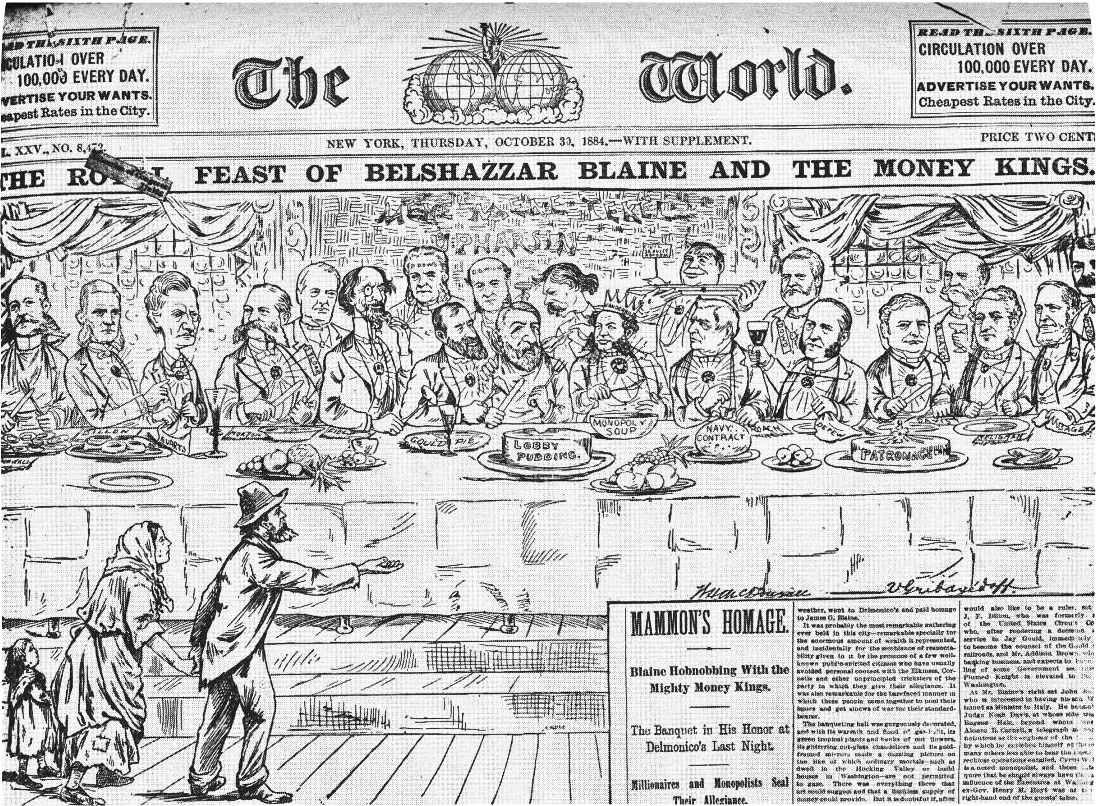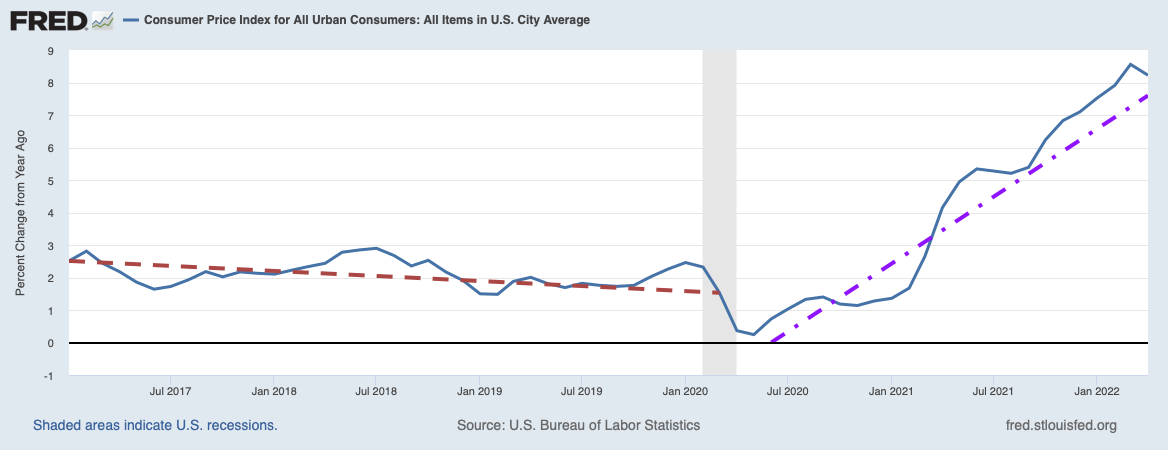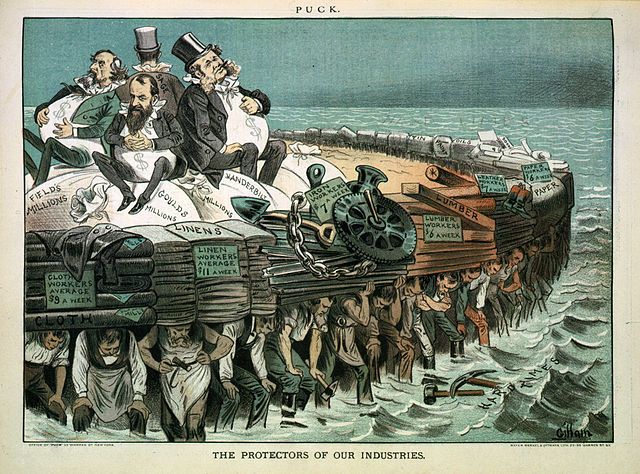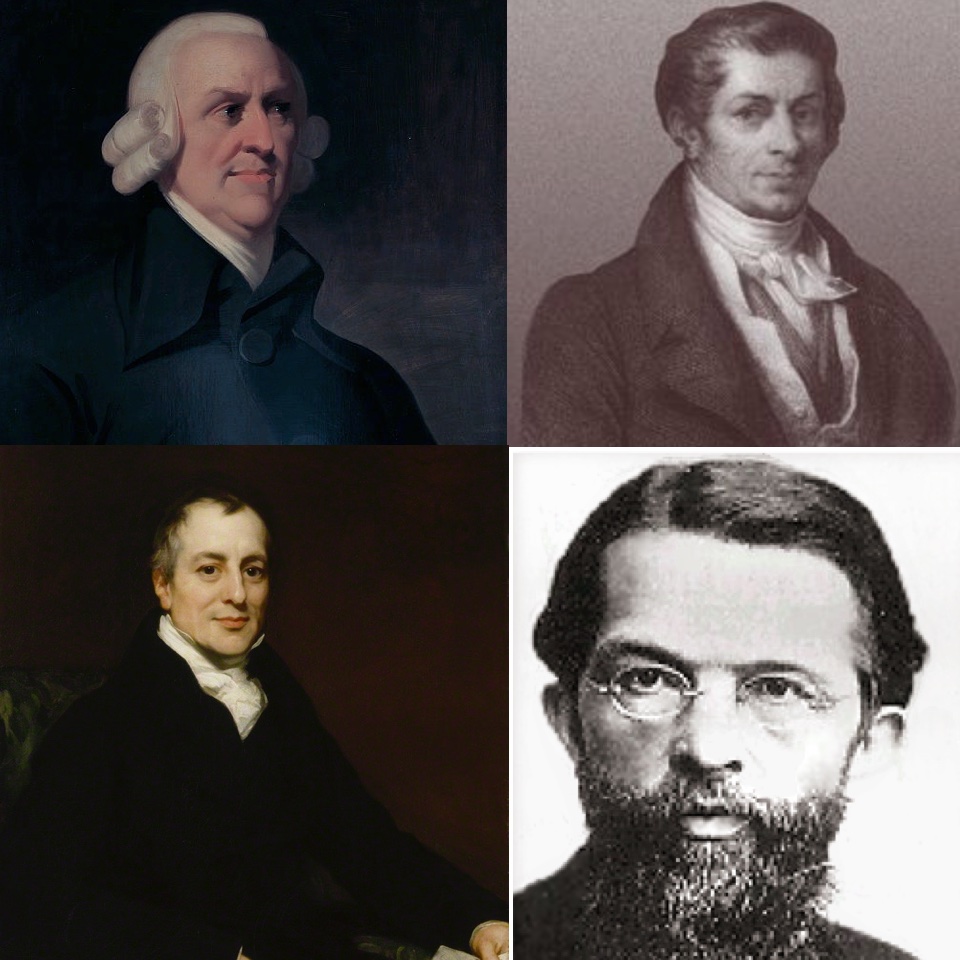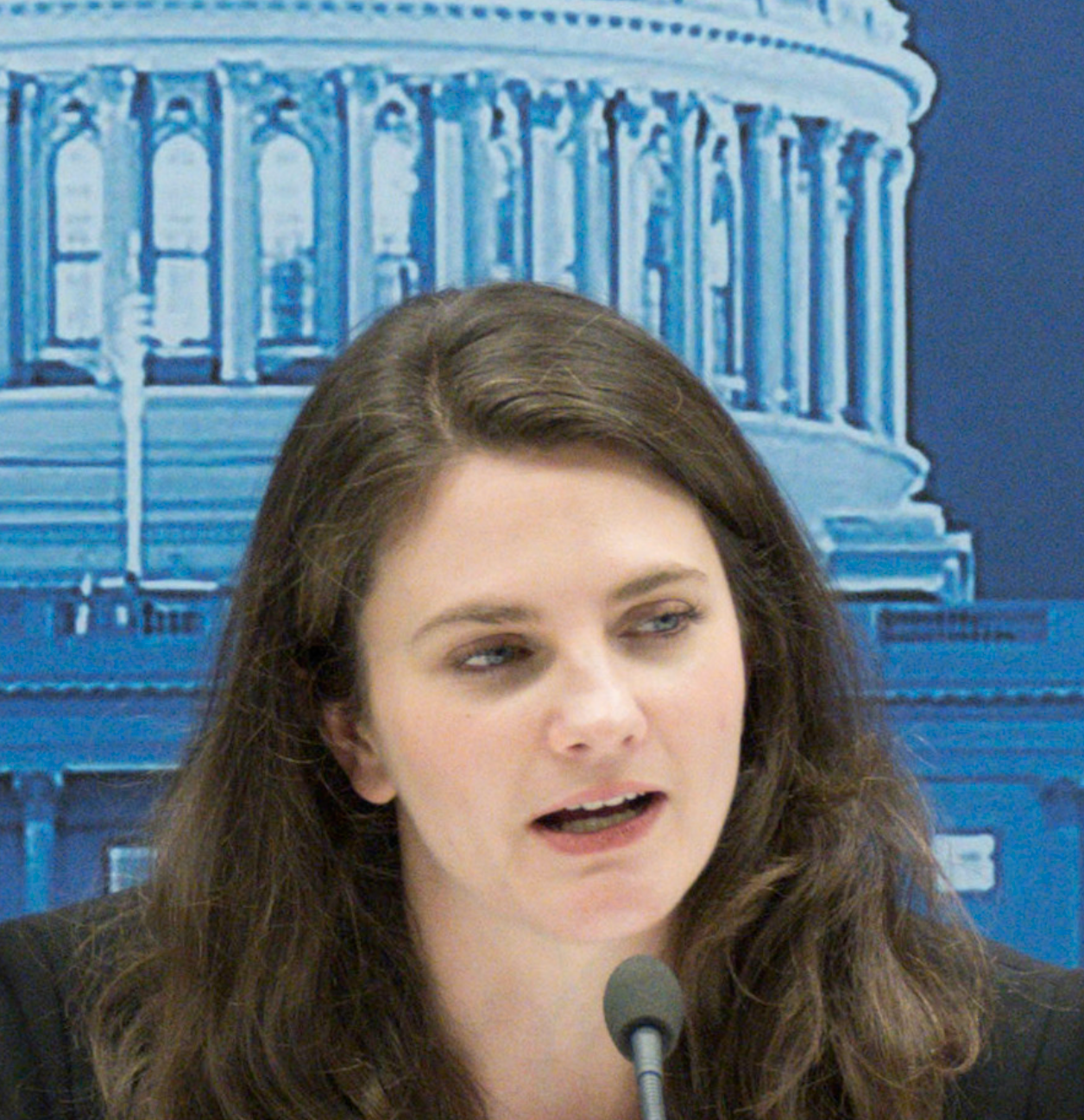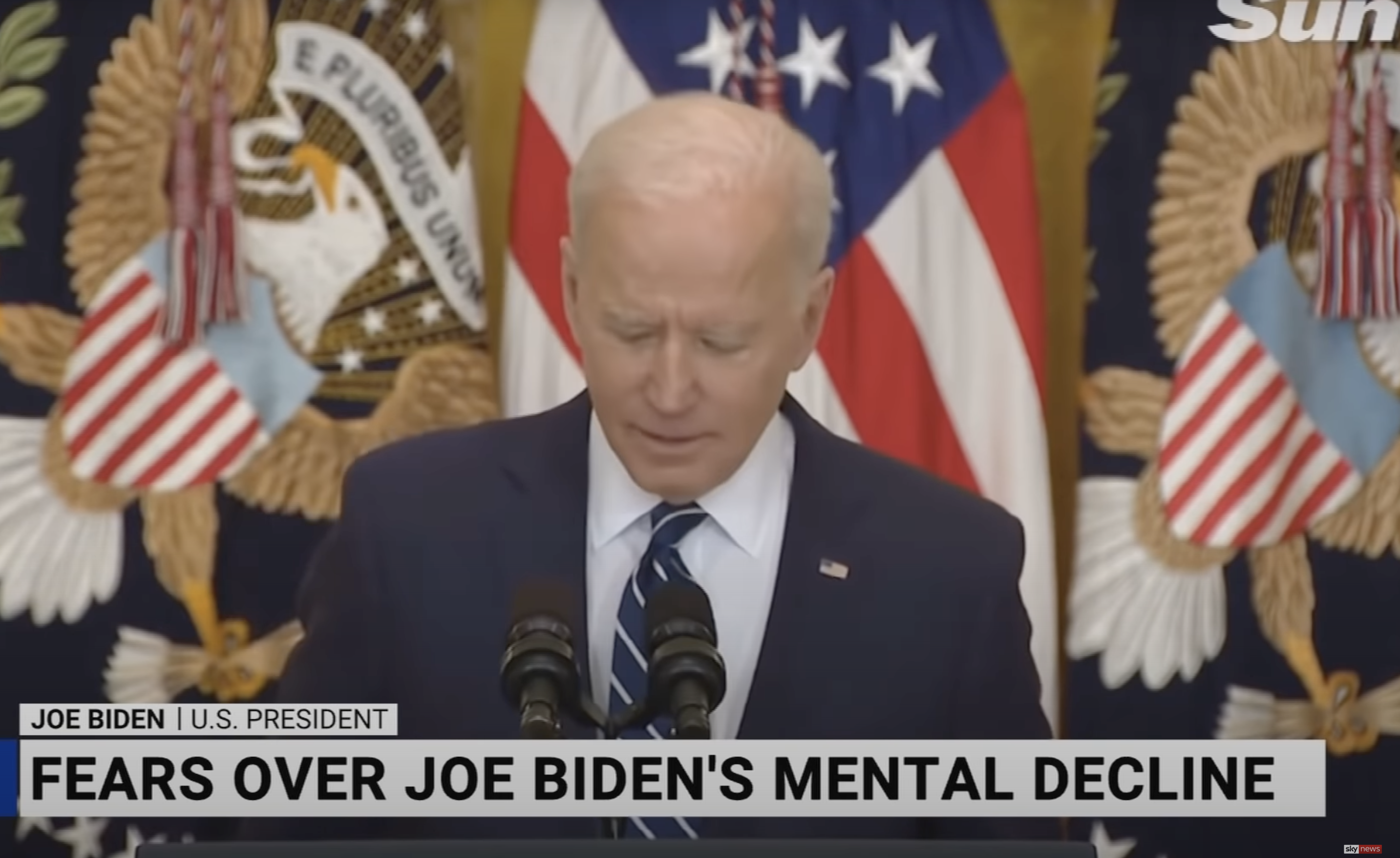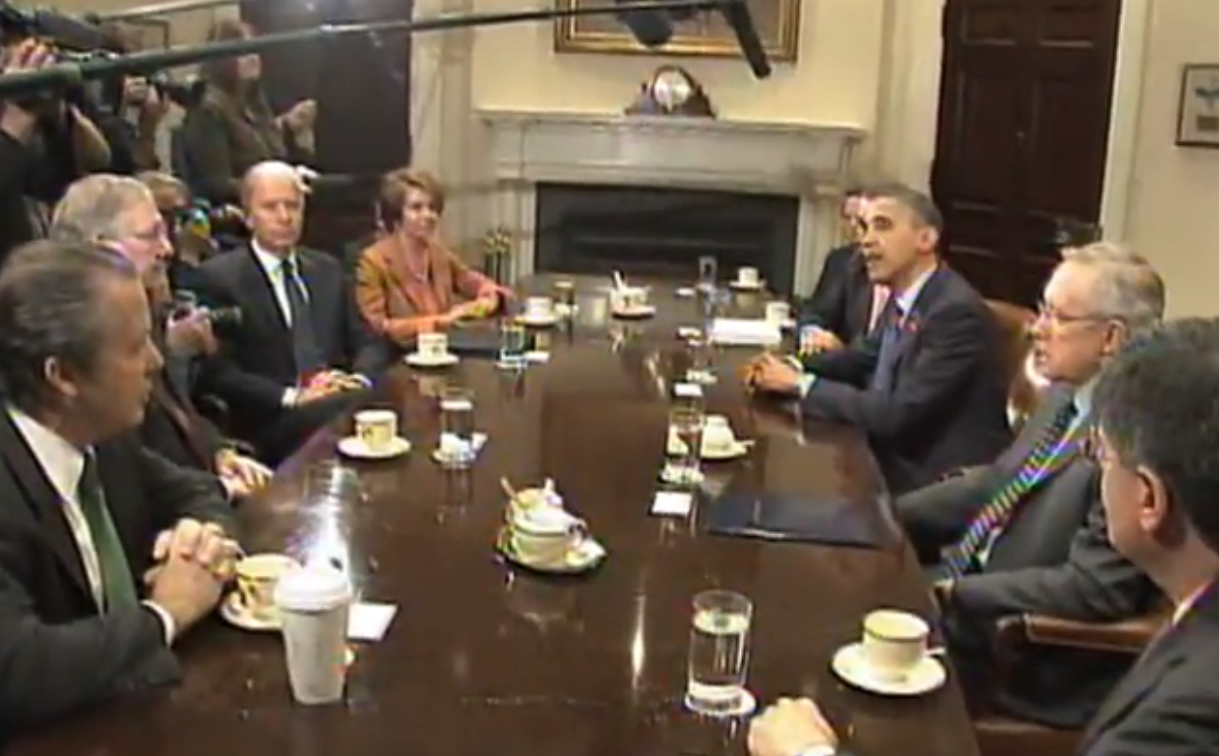Obama’s Seizure of Legislative Power
President Obama negotiating with congressional leaders in November 2012 during the fiscal cliff debate
Wikimedia Commons / Voice of America
This is a story about how the Democratic Party became a lot less democratic. Once the Democratic Party lost control of the legislative branch of government with the loss of the House of Representatives to the Republicans in 2010, President Obama increasingly gave up on cooperating with Congress to obtain consensual government. Instead, Obama decided to seize some legislative power in an effort to become an American El Jefe.
Obama’s Devolution Toward Authoritarian Government
President Obama had not always exhibited these authoritarian tendencies. There was a time early in his reign when he would confess to his supporters that he was a president, not a dictator. Not only that, from 2009 to the summer of 2012, he even attempted to seek government by consensus by negotiating with the Republican Speaker of the House, John Boehner, over taxes, expenditures and expansion of the national debt. However, when a deal finally seemed all but certain, Obama miscalculated, given how much Boehner had already conceded, and demanded additional taxes as part of a final deal. Boehner apparently felt this demonstrated Obama’s bad faith in negotiating and jettisoned the entire deal in a phone call to the president. The president reacted with fury. As reported by ABC News,
“He [President Obama] was spewing coals,” Boehner told Woodward [the Washington Post’s Bob Woodward], in what is described as a borderline “presidential tirade.”
“He was pissed…. He wasn’t going to get a damn dime more out of me. He knew how far out on a limb I was. But he was hot. It was clear to me that coming to an agreement with him was not going to happen, and that I had to go to Plan B.”
From that point onward, government became increasingly dysfunctional with the president ceasing to seriously seek Republican cooperation in Congress. Any legislation desired by Obama was dead on arrival in the House; any legislation passed by the House Republicans was killed by Democratic filibustering in the Senate, or by presidential veto on the rare occasions when the legislation reached Obama’s desk. The House passed legislation repealing Obamacare some 60 odd times, but alas Obamacare is still with us.
This dysfunction caused by legislative gridlock was not because of partisan one-upmanship, as so many have expressed. Instead, it arose from deep, fundamental disagreements between the two parties on what was good for the country and what was destructively bad. Given such core disagreements on the basic nature of reality, no one could have expected any different result.
Eventually, the president thought he had found a way to get around the deadlock by seizing some of the legislative branch’s power for himself. In January of 2014 he declared,
We’re not just going to be waiting for legislation in order to make sure that we’re providing Americans the kind of help they need. I’ve got a pen and I’ve got a phone. And I can use that pen to sign executive orders and take executive actions and administrative actions that move the ball forward in helping to make sure our kids are getting the best education possible, making sure that our businesses are getting the kind of support and help they need to grow and advance, to make sure that people are getting the skills that they need to get those jobs that our businesses are creating.
The goals expressed by the president in this statement are all laudable and could be supported by most. However, the means cited are more than questionable. In many cases they have turned out to be unconstitutional. The President does have the power to issue presidential executive orders, but only for matters in which he is authorized by either a statute or by the Constitution. For example, the Constitution authorizes the president as commander-in-chief to issue executive orders concerning the operations of the armed services. Unfortunately, Obama has also issued orders with absolutely no authorization from either statute or the Constitution. In the words of Sen. Orrin Hatch (R-UT),
He [Obama] has brazenly announced that he “won’t take no for an answer” when Congress refuses to go along with his far-left agenda and instead declared, “When Congress won’t act, I will.” [P5, chapter 13]
Obama’s Unconstitutional Activities
There are several different ways in which Obama has arrogated unconstitutional power.
1. Obama claimed the power to decide which laws he would enforce and which he would not.
There are several reasons why a president might refuse to enforce a law constitutionally. The first, which has most prominently been discussed, is that the executive might exercise “prosecutorial discretion” in enforcing a law in particular cases if a lack of resources limits the executive from enforcing the law in all cases. The executive branch would have to prioritize the cases it would pursue.
A second and more important reason for constitutionally refusing to enforce a law is if the president believes that particular law to be unconstitutional itself. The president’s oath of office binds him to uphold the Constitution as the supreme law of the land. In such a case it would be up to the courts to resolve the constitutional crisis between the executive and legislative branches. In all other cases the president is required by the Constitution’s Oath Clause (Article II, Section 1, Clause 8) to faithfully enforce the laws.
Before he enter on the Execution of his Office, he shall take the following Oath or Affirmation: — “I do solemnly swear (or affirm) that I will faithfully execute the Office of President of the United States, and will to the best of my Ability, preserve, protect and defend the Constitution of the United States.”
Among the duties the president is required to execute is “[The President] shall take Care that the Laws be faithfully executed …” [Article II, Section 3]
Yet, in cases where Obama has refused to enforce a law, it is not so much that he lacked the resources or questioned the constitutionality of the law, but he refused because of a fundamental policy difference with those who passed the law in Congress. The most infamous and egregious of these non-enforcements was the refusal to enforce long-standing immigration laws. He has also refused to enforce federal law on marijuana.
2. The president on occasion has effectively rewritten or amended legislation, rather than asking Congress to amend the legislation.
Amusingly, some of the Obama administration’s most egregious rewrites of law involve the Affordable Care Act (ACA), aka Obamacare, a law of their own making. These rewrites were necessary just to make the law workable. First, compliance dates mandatorily set by the statute were set to later dates. The administration began by delaying the deadline for when states were required to have set up a healthcare exchange. For reasons of cost and opposition to the ACA, many states refused to create such exchanges, and the administration wanted more time to pressure the state governments. This was followed by delays in the employer mandate, then in the open enrollment deadline, and in the closing date for special high-risk insurance pools required for people with pre-existing conditions. These delays were repeated for the employer mandate and the high-risk pool deadline. Never mind that all of these dates were specifically written into statutory law passed by a Democratic controlled Congress and signed into law by President Obama!
More substantively, the Obama administration modified certain provisions of the ACA to make it more generally acceptable politically. These included rewriting minimum coverage requirements, and increasing the law’s hardship exemption, both of which are hard-wired into the ACA statute and therefore not changeable constitutionally except by an amending act of Congress.
Most notorious of all was the rewrite of the provision for providing subsidies for assisting people in paying the Obamacare premiums. Congress (controlled by the Democratic Party, mind you!) purposefully wrote that only residents of states that established their own Obamacare insurance exchanges could get subsidies. They did this to defray federal costs by forcing the states to pick up the costs for those exchanges. Also, if any state refused to create an insurance exchange, the federal government would be spared the cost of any subsidies to that state’s residents. I suspect Democratic congressmen also felt they could get a political advantage over Republicans if a Republican-controlled state did not set up an exchange, cutting off their state’s residents from subsidies, However, so many states refused to set up their own exchanges that the program would have foundered at the very beginning with the lack of enrollees. The administration then found it politically expedient, despite all the legislative history, to interpret the phrase “state-established exchange” to mean a federally established exchange as well.
All of these changes to the ACA were substantive modifications of the language of the act. Constitutionally, they should only have been allowed with another Congressional act amending the original ACA. If the President can get away with changing laws according to his own desires in this manner, there is no limit to the tyranny he could inflict on us.
Obamacare is not the only example where Obama’s administration has unilaterally changed a law without the participation of Congress. In addition it has changed provisions of the Clean Air Act to regulate power plants purely on the basis of carbon dioxide emissions. Carbon dioxide is not at all chemically toxic. Indeed, plants need it for food, and without plants, nothing further up the food-chain, to include human beings, could live. That being the case, the Clean Air Act lacks any provision to regulate CO2 emissions.
3. Using the excuse of congressional inaction on a problem, Obama has assumed legislative authority with the issuance of presidential executive orders or new regulatory rules.
The most complete breakdown of the separation of legislative and executive powers would occur if the president decides he could make his own law and totally ignore Congress. What is discussed here is far more than the president setting regulations authorized by Congress or the Constitution. Instead, the subject is law made up ab initio. It should be needless to say that any law created this way is a constitutional abomination. Yet, Obama has stated that if the Congress does not act the way he thinks proper, then he has the power to create law on his own through executive orders. Again quoting Sen. Orrin Hatch [P5, chapter 13],
In addition to defying or rewriting existing laws, President Obama has also used Congress’s decisions not to act as grounds for assuming legislative power. There is, of course, no Congress-did-not-act-so-the-President-can clause in the Constitution. The President is not some sort of stopgap against congressional gridlock. Rather, Congress and the President are two independent branches with separate, constitutionally defined powers. Failure by one to act does not give the other leave to usurp authority.
Examples of the use of this “pen and phone” strategy to get around the will of Congress include:
- Issuing an executive order requiring federal contractors to raise the minimum wage after Congress declined to do so. Long-standing federal law requires wages to match prevailing rates in the region where the work is performed.
- Using federal waivers to requirements of the “No Child Left Behind” Act on condition the local schools meet new requirements created by Obama’s administration. The administration has used these waivers to force their own views of education on local school districts.
- Establishment of various classes of illegal immigrants that would not be deported, including illegal immigrants brought to the U.S. as children, veterans of the U.S. armed forces, and parents of children born in the U.S.
The goals motivating these executive orders may or may not be admirable, but that is not the point. The President of the United States can not be allowed to unilaterally create law. To do so invites future tyranny. If you believe this claim to be far-fetched, I invite you to peruse the following posts:
- The Corruption of the Democratic Party
- The Economic Nature of Fascism
- Democrats Want to Imprison Scientific Skeptics?
- Are We No Longer A Nation of Laws?
- Are You Unconvinced Democrats Are Growing More Authoritarian?
- Is the U.S. Becoming a Banana Republic?
- The Progressives’ War On the Separation of Powers
The Danger of Obama’s Precedent
None of the previous section’s observations have lost their relevance with the expiration of Obama’s presidency. Our country finds itself in danger of becoming an authoritarian state because progressive alterations of government institutions and practices, each one adding accumulating power to the executive branch, have accreted at least since the time of President Woodrow Wilson. Each progressive president over that century of time has added to the “imperial presidency” of which the Left so hypocritically complained during Nixon’s administration.
Now that it is President Obama’s turn to leave the stage, we must somehow cope with the accretions he has added. Most importantly, these include his overture to nationalizing health care with Obamacare, the new federal controls over the financial industry with the Dodd-Frank Act, and the almost dictatorial impulse to control land use with new powers granted to the Environmental Protection Agency through regulation. Just as important, however, we must somehow construct chains on the modern presidency to make clear the president is not above the law, and that he can not be allowed to make law ab initio by executive order. Somehow the federal courts seem to have lost the limiting principle that the president is allowed to issue such orders only when authorized by congressionally originated statute or by the Constitution itself.
We have only our freedoms and liberty to lose.
Views: 1,824























